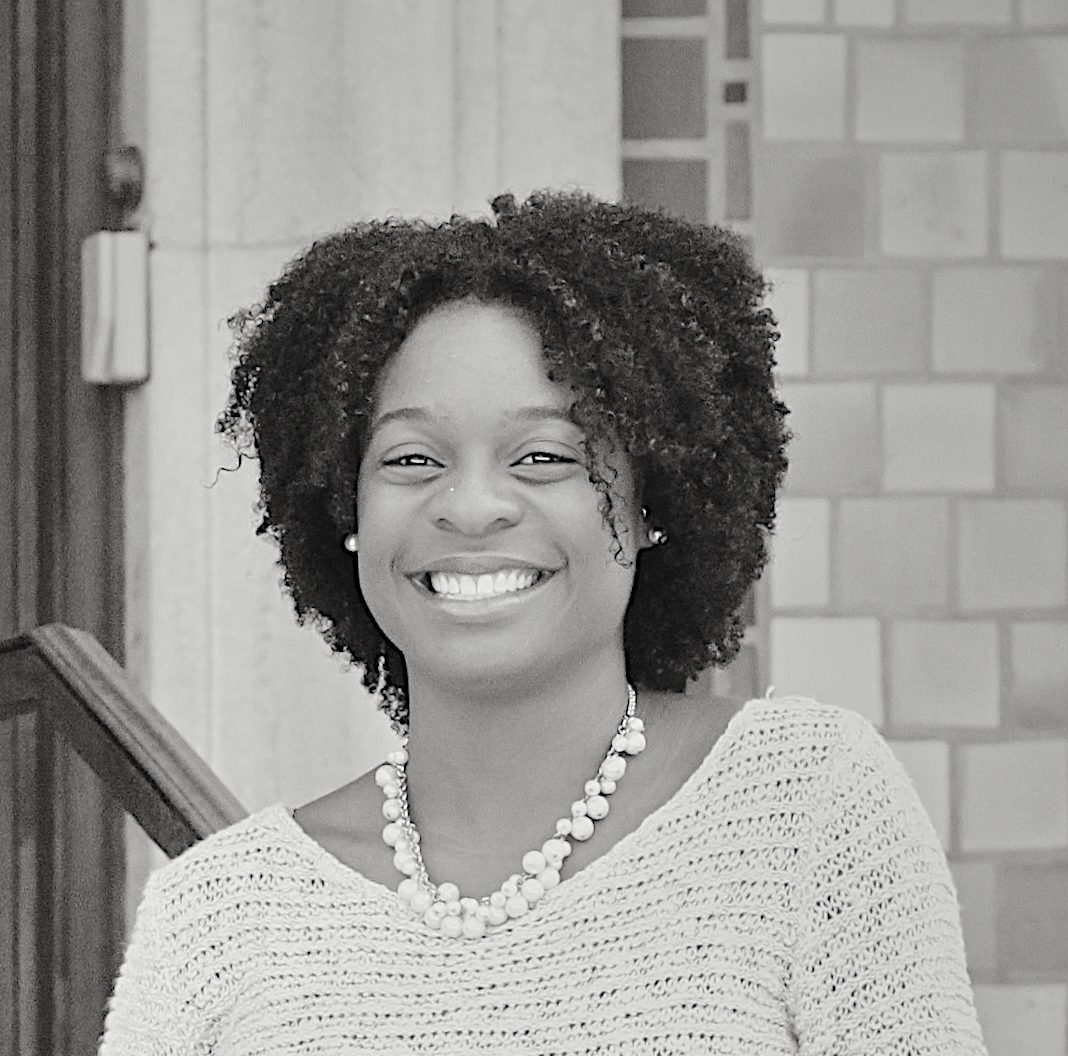 The Future Church Summit (FCS) will take place July 6-8, at the Mennonite Church USA convention in Orlando. It will be a generative, open space for denomination-wide conversation — to dream together, reset priorities and engage one another in answering the question: How will we follow Jesus as Anabaptists in the 21st century? Leading up to the summit we invite you to reflect on our shared history, what being Anabaptist means for you and your hopes for the Future Church Summit.
The Future Church Summit (FCS) will take place July 6-8, at the Mennonite Church USA convention in Orlando. It will be a generative, open space for denomination-wide conversation — to dream together, reset priorities and engage one another in answering the question: How will we follow Jesus as Anabaptists in the 21st century? Leading up to the summit we invite you to reflect on our shared history, what being Anabaptist means for you and your hopes for the Future Church Summit.
Chantelle Todman Moore is co-founder of unlock Ngenuity a consulting, coaching and therapy business. She is also a qualified administrator for the Intercultural Development Inventory (IDI). She is passionate about embracing diversity and difference as a gift, seeking justice as a mandate and being moved to act by love. She lives in Philadelphia with her spouse, Sam, and their three daughters. Chantelle is a member of the design team for the Future Church Summit.
Becoming Anabaptist for me was a lot like “coming home” spiritually.
I grew up in a Pentecostal denomination and later, during my graduate studies, was introduced to Anabaptism. When I write that I became an Anabaptist, it might sound almost like a conversion experience when in truth it was more like finally finding a theological identity that was more in touch with my reality. Being an Afro-Caribbean woman, the experiences I had surrounding my race and gender convinced me that my faith needed to be experienced in community, oriented towards peace and justice in our world. I needed a Jesus who understood and experienced suffering and could speak to my realities as a black woman experiencing ongoing oppression.
It seems like so much of Western Christianity is influenced by this idea of being a lone-ranger Christian. Your faith is expected to be lived out mostly in isolation. When I started attending a diverse, urban Mennonite church in Northeast Philadelphia, I experienced being part of a congregation that valued building community and worked at living out their faith in tangible ways in our local community. Our community building was not just focused inward but extended outward to encompass our neighborhood, city and world. We celebrated birthdays, anniversaries and sobriety milestones every month, held community festivals and prayer walks in our neighborhood and also supported an indigenous missionary involved in church planting in Kerela, India. After the shooting at the historic Emmanuel AME congregation in 2015, my congregation lamented with me by having a congregational time of prayer, lighting candles and silence. Personally, my faith community has carried me through some rough seasons. When my 9-year old nephew died, they held me and listened to my pain and questions without judgement. There have been multiple times when my church community has rallied around in support of my family, which was especially needed since neither my spouse’s nor my family live close by. Being in community is not without its struggles. There are times when we hurt each other; it can feel risky and messy. In our Christian Education class about diversity, racism and the church, we had some difficult conversations that were not always comfortable or safe.
 But I know that we are not meant to live out our faith alone and the rewards for building meaningful community are worth the risks.
But I know that we are not meant to live out our faith alone and the rewards for building meaningful community are worth the risks.
Earlier in the my faith journey, I saw peace as being a way of avoiding conflict. But I longed for a way to experience peace as something that was active and tangible in its expression. Through Anabaptism, I realized that as followers of Christ, the peace we are meant to experience is in fact much deeper and bigger than conflict avoidance. Experiencing this deeper peace — shalom — means that my end goal is not about being non-confrontational, but rather it is a way of being that encompasses our well-being, right relationships with each other, the Creator and creation. I should see the evidence of shalom in my personal life, community and world. Part of the evidence of shalom is justice. When I see those on the margins of our society and church being centralized, like my experience at the last Women Doing Theology conference, then I see a glimpse of what justice in action looks like.
When the power to shape the future of the Mennonite church is shared, like the opportunity offered through the Future Church Summit, then I see us embodying faithful Anabaptism.
The Future Church Summit provides us a space to re-discover why we choose to be Anabaptist and what is essential to us in living out our Anabaptist faith. As we invest in building and re-building our community of faith my hope is that we encounter shalom and can see the evidence in our congregations, local communities and world.

